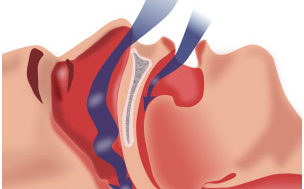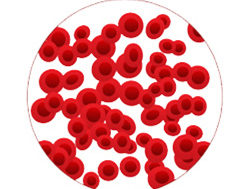
Abstract
BACKGROUND:
Growth hormone (GH) and insulin-like growth factor (IGF-1) are fundamental in skeletal growth during puberty and bone health throughout life. GH increases tissue formation by acting directly and indirectly on target cells; IGF-1 is a critical mediator of bone growth. Clinical studies reporting the use of GH and IGF-1 in osteoporosis and fracture healing are outlined.
METHODS:
A Pubmed search revealed 39 clinical studies reporting the effects of GH and IGF-1 administration on bone metabolism in osteopenic and osteoporotic human subjects and on bone healing in operated patients with normal GH secretion...





